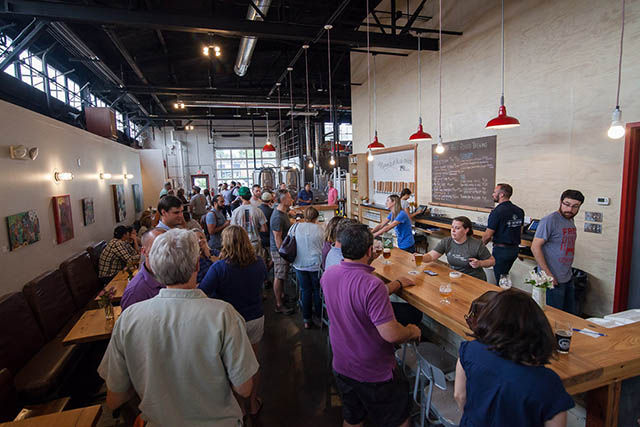
A farmhouse brewery smack dab in the middle of the city works fine for Free Range Brewing.
”The city offers us a much larger community to work with,” explains co-founder Jason Alexander of the brewery that opened in Charlotte in the summer of 2015. “We’re in a neighborhood that supports this bit more of our adventurous style of business.”
Calling themselves ‘urban foragers,’ Alexander and his brother Jeff have crafted unusual beers using local ingredients found in their neighborhood along with working with local farmers for grain, hops and other adjuncts.
“Most folks say local beer and that doesn’t mean local malt or local ingredients per se,” Alexander said. “So being able to explain that local beer to us is a little different than local beer to a lot of folks without it being a negative way to approach it [is a struggle].
“I think it’s critical that everybody does what works for them. That doesn’t mean that the way that another brewery does it with malt from Canada or from the central part of United States that we think it’s wrong, we just get something different out of what we do with North Carolina malt.”
It’s definitely a challenge because of the cost difference, he added.
”Being able to tell that story is something we have been working a lot on lately because if we’re not telling that story then we’re just throwing money away for the most part because we’re paying two to three times as much for base malt as most other breweries,” Alexander said.
Alexander is hopeful that working with local farmers and malt houses can help them grow their business.
“This whole idea of a sustainable kind of circle of sourcing raw material gets better — more efficient, better quality products — and then they can start lower prices because they’re more efficient in doing it,” he said. “They’re doing more of that. And then it becomes a feasible option for bigger breweries to use financially. And then it just all gets much better because what was a tiny little mom and pop farmer could be supplying a lot of North Carolina malt for a lot of big breweries some day.”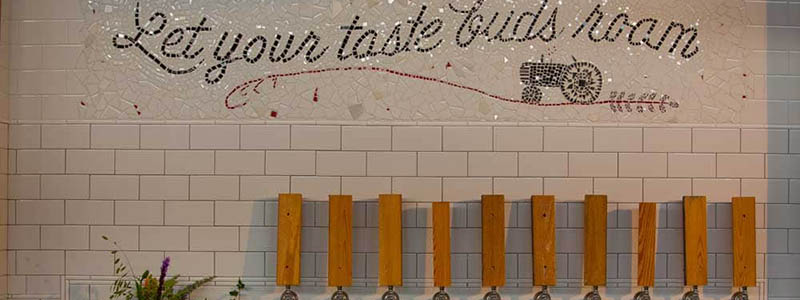
He noted the way Charlotte is set up, being a large city surrounded by a great growing region helps how Free Range functions.
“Not only is it easy to meet farmers because of the farmers markets. They’re coming into town to interact with folks to be able to to make a living,” he said. “But there’s a lot of really great organizations which are also doing that legwork to connect it all together. And so in some ways it just comes to you and it’s just up to you to know how to deal with it and work with it in other ways when you want to go out after it. It’s really accessible. It gives me the best of both worlds.”
The way they work with seasonal ingredients and using what they have on hand means a difficult production schedule.
“We’re just now starting to bring in a part-time brewer which makes that even harder because we can’t afford to schedule them every day,” Alexander said. ”Figuring out when they fit in and give them a reasonable expectation for how their day is going to be or their week is going to be is hard.
”But it allows us to come up with what we think are the beers that kind of create the foundation to our brand as far as weird foraged stuff, stuff that we think really gives beers with a sense of place and that that to me is the perfect way of talking about beer that is seasonal. Seasonality in a way, it speaks to kind of where you’re at not just the time of year. Because it’s where you are and what is growing and what people are doing, those things are really a specific dynamic to that place. We hope to bring together when we do beer and events.”
The hope was to have an urban garden alongside the brewery, but the addition of a large apartment complex has nixed that idea. Construction was ongoing while Brewer met with Alexander in November.
“Now if I could plant out there and grow around my business that would be the best case scenario,” Alexander said with a smirk. “But right now we’re pretty happy with what we’re able to achieve given this dynamic chaotic urban environment. I mean we can even go foraging down the street, there’s tons of opportunities. You’ve got to think outside the box in how to do the rural farmhouse brewing aspect. It can be done in the city.”

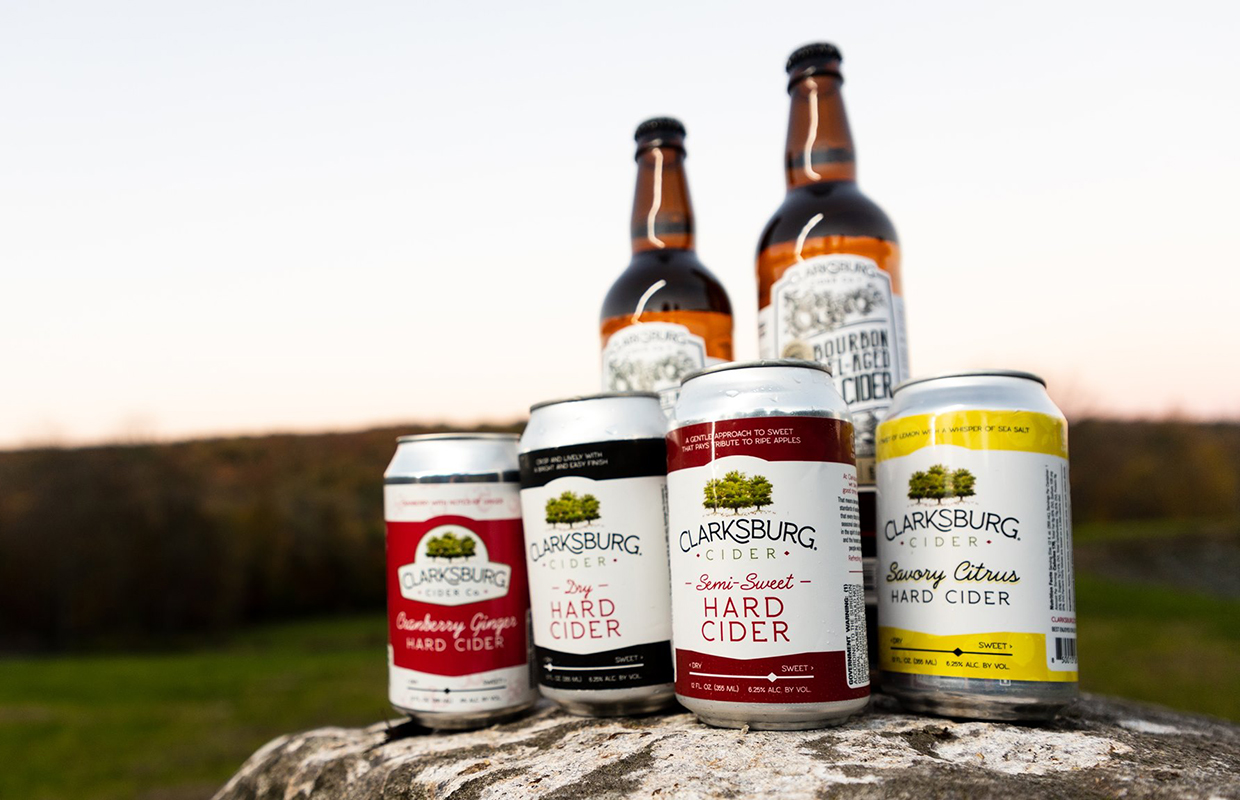
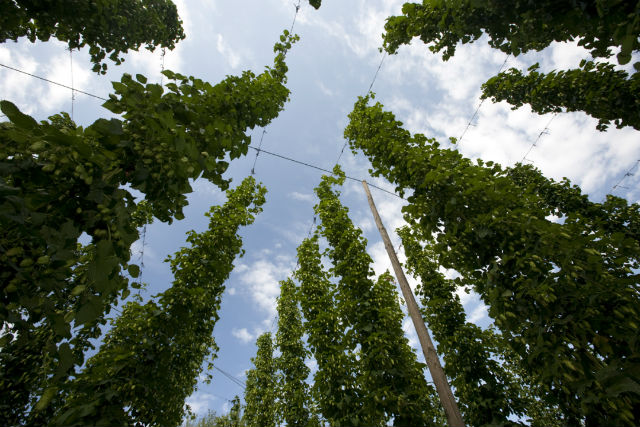
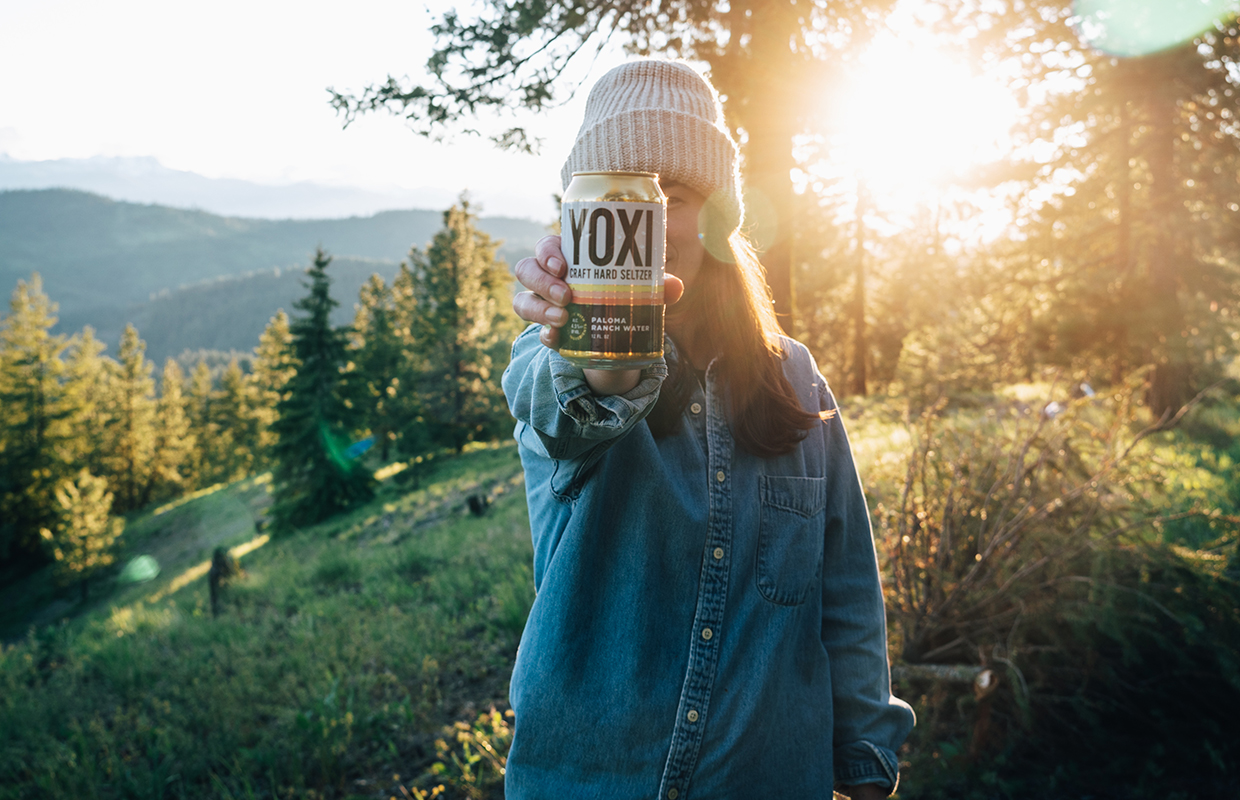
Be the first to comment